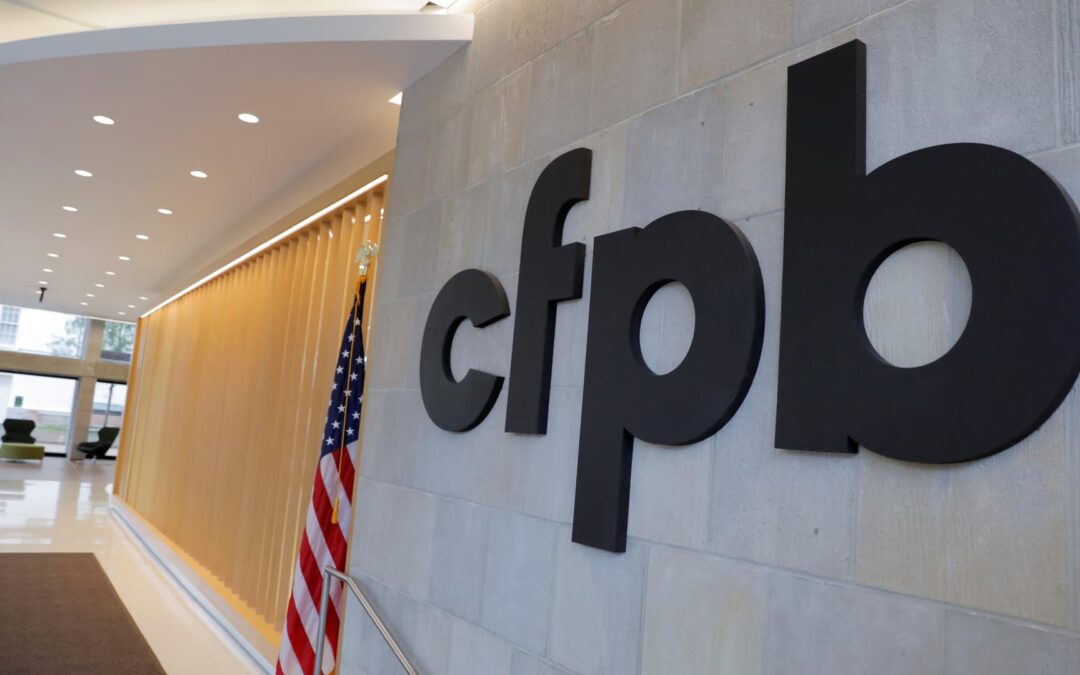The Consumer Financial Protection Bureau headquarters in Washington, D.C., on May 14, 2021.
Andrew Kelly | Reuters
The Supreme Court ruled Thursday that the funding structure of the Consumer Financial Protection Bureau is legal.
The court in a 7-2 decision rejected an argument that the CFPB’s funding method violated the U.S. Constitution’s Appropriations Clause because Congress had not annually authorized money for the agency. Instead, Congress authorized the CFPB to draw funding from the Federal Reserve system that the agency’s director deems necessary for its work.
The ruling protects that CFPB from a potential death sentence, given the risk that a bitterly divided Congress would not authorize annual appropriations for the agency in the manner that is traditional for other agencies.
“The statute that authorizes the Bureau to draw money from the combined earnings of the Federal Reserve System to carry out its duties satisfies the Appropriations Clause,” conservative Justice Clarence Thomas wrote for the majority.
Three other conservatives, and the court’s three liberal justices, joined in the majority opinion. The court’s two remaining conservative justices, Samuel Alito and Neil Gorsuch, dissented.
The high court ruling reversed a decision by the 5th Circuit U.S. Court of Appeals, which found the CFPB’s funding mechanism was unconstitutional.
This is breaking news. Please check back for updates.









